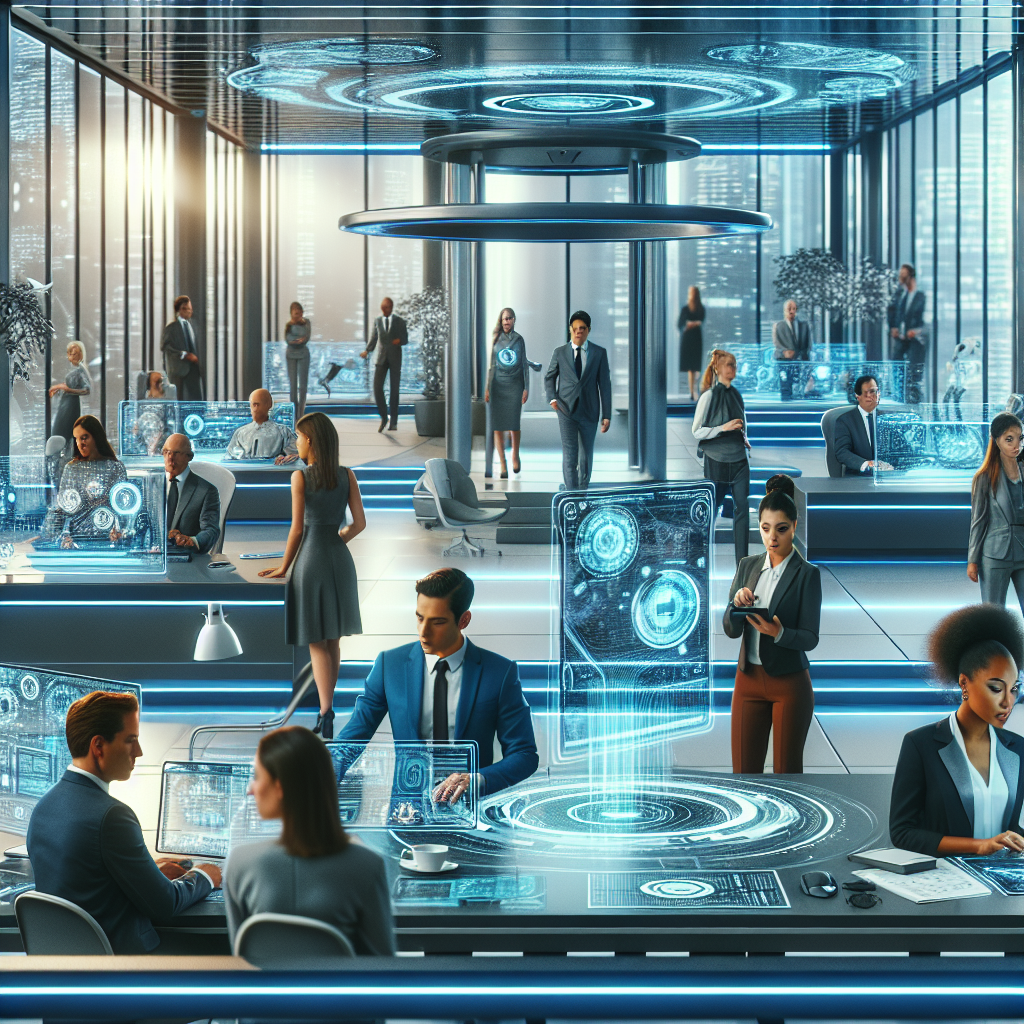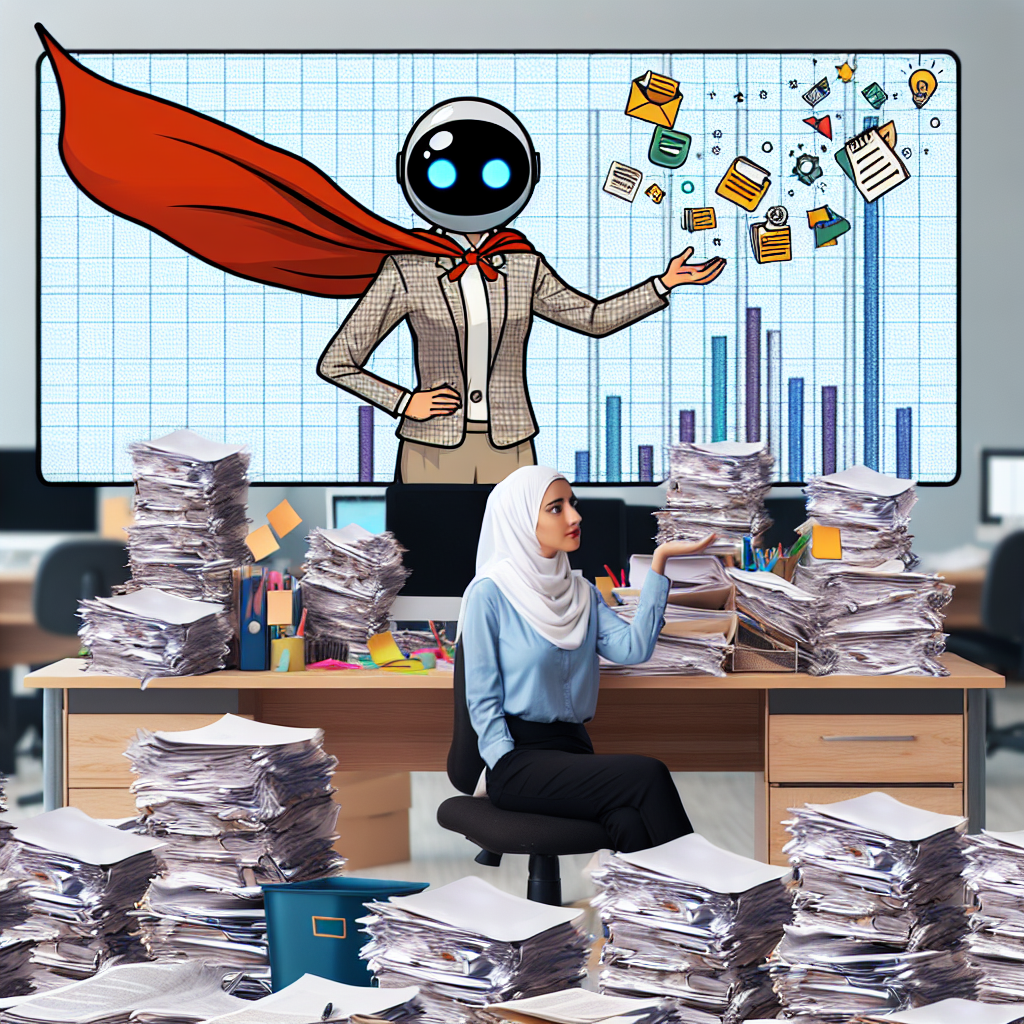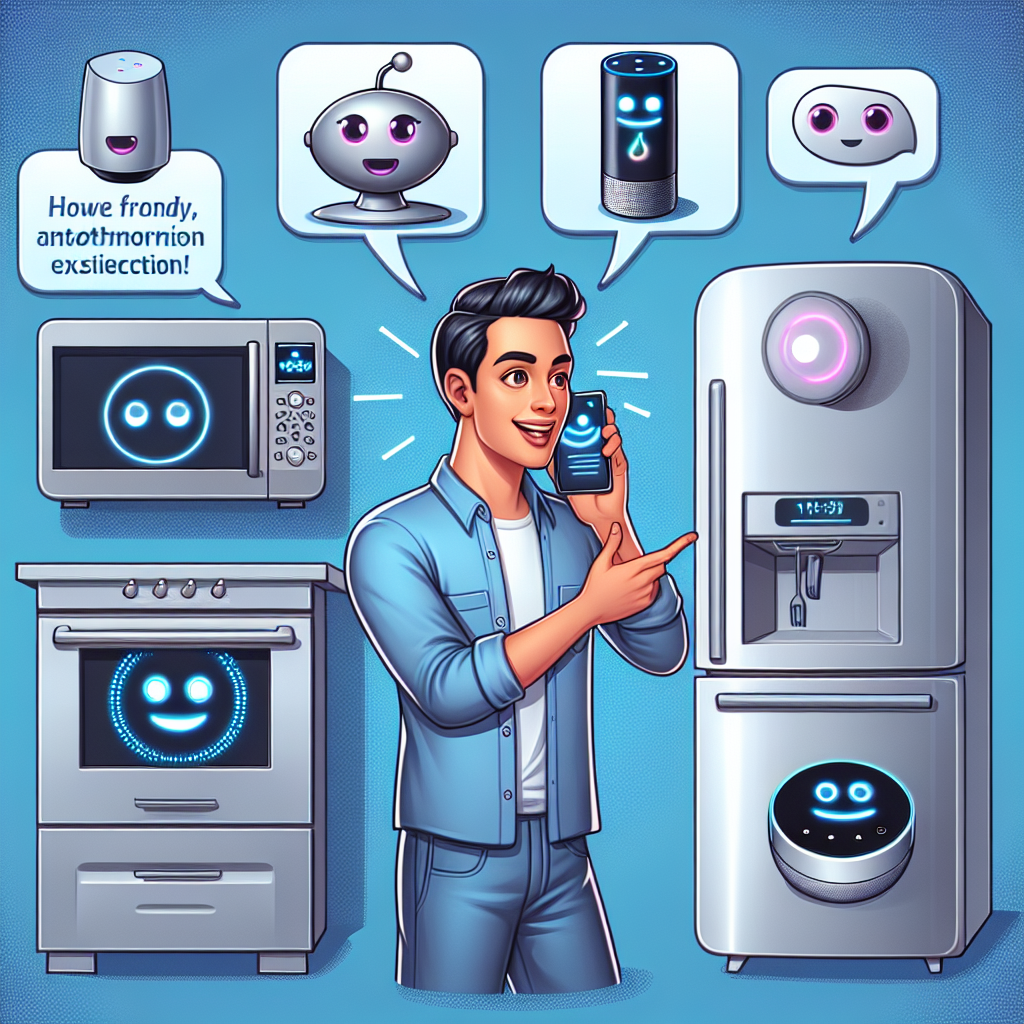Green Profits isn’t just a catchy phrase—it’s the new business reality that AI is helping to create. For too long, sustainability has been viewed as a costly obligation, a box to check for compliance or public relations. But today, artificial intelligence is flipping that script, transforming environmental responsibility from a burden into a competitive advantage that directly impacts the bottom line. AI applications are revolutionizing how businesses approach sustainability, offering powerful tools that optimize operations, enhance resource management, and drive innovation in ways previously unimaginable. Rather than draining resources, these AI-powered approaches are creating efficiencies that generate real financial returns while simultaneously reducing environmental impact. The beauty of this transformation lies in its accessibility—with user-friendly AI tools and low-code platforms, companies of all sizes can now implement sophisticated sustainability solutions without massive investments in technical expertise. As these intelligent systems collect and analyze data, they reveal patterns and opportunities for improvement that human analysis might miss, allowing businesses to make smarter decisions about energy usage, waste reduction, and supply chain optimization. This isn’t just about being green—it’s about using AI to turn green initiatives into green profits.
AI Applications: The Sustainability Game-Changers
Revolutionizing Operations with AI SaaS Creation Platform
Across industries, AI applications are emerging as powerful allies in the sustainability journey. Consider AI SaaS creation platforms that enable businesses to develop custom sustainability solutions without extensive coding knowledge. These low-code platforms democratize technology access, allowing organizations of any size to create tailored applications addressing their unique environmental challenges. A manufacturing company, for instance, can develop an AI application that monitors energy consumption in real-time, automatically adjusting production schedules to maximize renewable energy usage and minimize waste.
AI’s Role in Circular Economy and Workflow Automation
AI’s contribution to the circular economy is particularly noteworthy. Through sophisticated data analysis, AI systems can track product lifecycles, identify opportunities for materials reuse, and optimize recycling processes. According to recent research, companies implementing AI-driven circular economy strategies have reduced waste disposal costs by up to 30% while discovering new revenue streams from previously discarded materials. The workflow automation capabilities of these systems ensure that sustainable practices become embedded in daily operations rather than existing as separate initiatives.
““The most successful businesses today are those using AI to integrate sustainability directly into their operational DNA,” notes environmental economist Dr. Sarah Chen. “It’s no longer about having a sustainability department—it’s about having intelligent systems that make every department more sustainable.“
Customizable AI digital workers represent another revolutionary development. These virtual assistants can handle routine sustainability reporting, compliance monitoring, and data collection tasks that would otherwise consume valuable human resources. For example, an AI digital worker can continuously monitor a company’s carbon footprint across multiple facilities, automatically generating alerts when emissions exceed predetermined thresholds and suggesting corrective actions. This automation allows sustainability professionals to focus on strategic initiatives rather than drowning in data management.
Intelligent Collaboration and User-Friendly AI Tools
The user-friendly nature of today’s AI tools has removed significant barriers to adoption. Modern platforms feature intuitive interfaces that make sophisticated capabilities accessible to non-technical users. A small retail business can now implement intelligent collaboration tools that help employees coordinate sustainability efforts across departments, track progress toward environmental goals, and share successful strategies. These platforms typically offer pre-built templates and workflows that can be customized without writing a single line of code.
Energy Management and Supply Chain Optimization
Energy management represents one of the most impactful applications of AI in sustainability. Smart building systems powered by AI can reduce energy consumption by 15-30% by analyzing usage patterns and automatically optimizing heating, cooling, and lighting. For large corporations with multiple facilities, these savings translate into millions of dollars annually while significantly reducing carbon emissions. The same technology scales effectively for smaller operations, offering proportional benefits with minimal investment.
Supply chain optimization through AI provides another avenue for green profits. By analyzing complex logistics networks, AI can identify inefficiencies that waste fuel, generate excess packaging, or result in spoilage. A food distribution company using AI-powered route optimization reported a 22% reduction in fuel consumption alongside a 15% decrease in food waste—improvements that directly enhanced profitability while advancing sustainability goals.
The Sustainable Future: AI as Essential Business Strategy
AI Agent Technology for Profitability and Environmental Impact
The transformative impact of AI on sustainability isn’t just impressive—it’s becoming essential for business survival and success in the 21st century. As we’ve explored, AI technologies are creating a paradigm shift where environmental responsibility and profitability are no longer competing priorities but complementary forces driving business forward. This integration represents a fundamental evolution in how organizations operate, moving from isolated sustainability initiatives to comprehensive, AI-powered approaches that enhance every aspect of the business ecosystem.
The data is clear: companies embracing AI for sustainability are seeing remarkable returns on investment. A recent analysis of Fortune 500 companies revealed that those with advanced AI-driven sustainability programs achieved 4.7 times better carbon reduction results while simultaneously outperforming peers in profit margins by an average of 9.2%. This correlation between environmental performance and financial success underscores the power of what we might call “intelligent sustainability”—a approach where AI continuously identifies opportunities for improvement that human analysis alone might miss.
““What we’re witnessing isn’t just an evolution in how businesses approach sustainability—it’s a complete reinvention,” explains Dr. James Marshall, director of the Center for Sustainable Technology. “AI doesn’t just help companies comply with environmental standards; it helps them exceed those standards while discovering new competitive advantages.”
The democratization of these technologies through user-friendly AI tools and low-code platforms means that sustainable business practices are no longer the exclusive domain of resource-rich corporations. Small businesses, entrepreneurs, and even individual professionals can now leverage AI SaaS creation platforms to develop custom solutions tailored to their specific needs. This accessibility is crucial for addressing global environmental challenges at scale, as it enables innovation and action across the entire business spectrum.
Intelligent Collaboration: Humans and AI Working Together
Looking ahead, intelligent collaboration between humans and AI systems will likely become the standard operating model for sustainable businesses. AI handles the data-intensive monitoring and optimization tasks, while humans provide creative direction, ethical oversight, and strategic decision-making. This partnership enables workflow automation that ensures sustainability considerations are embedded in every business process—not as an afterthought, but as a core operational principle.
The philosophy behind platforms like Zygote.AI perfectly aligns with this vision of accessible, transformative technology. By empowering individuals and teams to create intelligent and efficient AI applications without coding skills, such platforms are democratizing the tools needed for sustainable innovation. When anyone can develop customizable AI digital workers to address specific environmental challenges, the collective impact becomes exponentially greater.
The Future of AI-Driven Sustainability
Perhaps most importantly, this AI-sustainability revolution is just beginning. As machine learning models become more sophisticated and processing power continues to increase, we can expect even more powerful applications that further blur the line between environmental stewardship and business advantage. The businesses that thrive will be those that view AI not merely as a tool for sustainability but as a fundamental reimagining of how value is created in a resource-constrained world.
The bottom line is clear: AI is transforming sustainability from a cost center into a profit center, from a compliance requirement into a competitive edge. For forward-thinking organizations, the question is no longer whether they can afford to invest in sustainable practices, but whether they can afford not to harness AI’s power to achieve green profits. In this new paradigm, doing good for the planet and doing well as a business aren’t just compatible—they’re increasingly inseparable.









